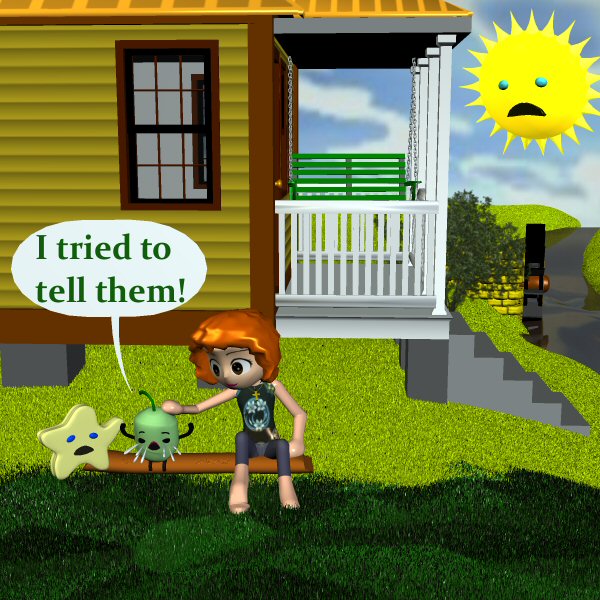Thursday, October 30, 2014
Tried
In one area of medicine, theory belatedly starts to catch up with obvious facts.
 I suppose there's some vindication in the belated awakening of a few "scientists", but it's too late to help Terry and a lot of other people.
I suppose there's some vindication in the belated awakening of a few "scientists", but it's too late to help Terry and a lot of other people.
The study, published in the online journal Plos Computational Biology, found that four of the 13 patients with persistent vegetative state had a “robust” network of brain activity that would allow conscious thoughts, which was confirmed when they were asked to imagine playing tennis when their brains were scanned using a magnetic resonance imagining (MRI) machine. Previous work had shown that the “tennis test” could be used to show that some seemingly unconscious and uncommunicative patients with brain damage were in fact capable of understanding the request to imagine playing a game of tennis, which caused certain networks of brain cells to become active. “We measured brain activity at rest and didn’t ask the patients to do anything. It showed that some unconscious patients with persistent vegetative state had robust brain networks that should support conscious awareness,” Dr Chennu said.For the first six months of this blog in 2005, I was exclusively focused on the Terry Schiavo case and what it told us about THEORY AND ETHICS. THEORETICIANS insisted that Terry couldn't be conscious because their THEORIES told them so. They didn't need no steenkin facts. Meanwhile, Terry's parents and friends knew that she was conscious because her ACTUAL OBSERVED responses indicated awareness. (Of course consciousness itself is a mysterious internal thing, but we know from long experience that certain types of behavior are normally connected with awareness.) ETHICISTS insisted that Terry must die because ETHICISTS are vultures who love to drink blood.
 I suppose there's some vindication in the belated awakening of a few "scientists", but it's too late to help Terry and a lot of other people.
I suppose there's some vindication in the belated awakening of a few "scientists", but it's too late to help Terry and a lot of other people.
Labels: Ethics
